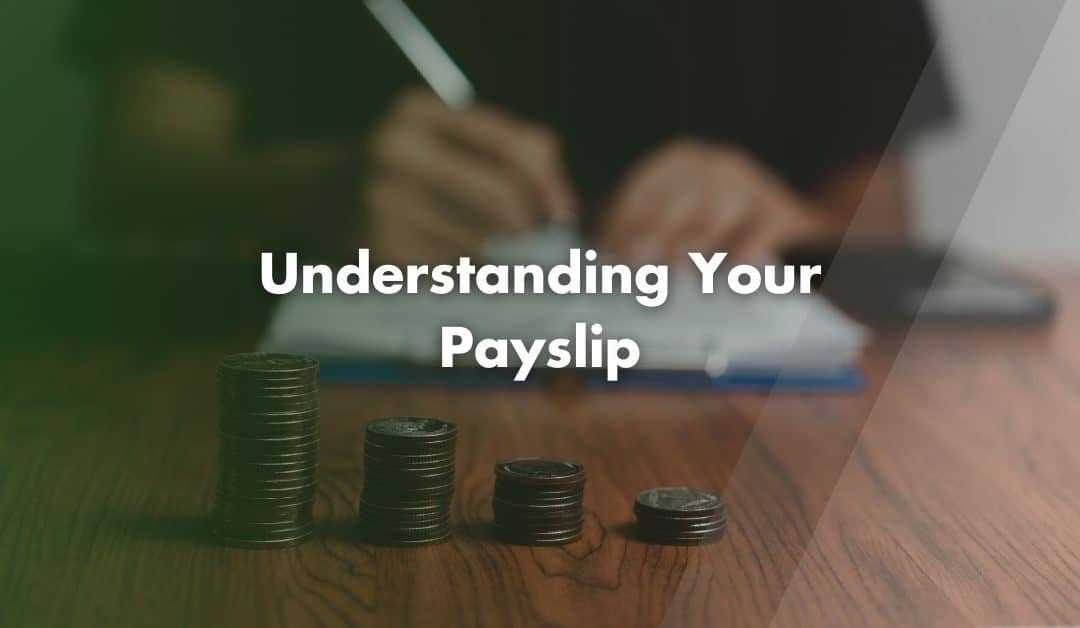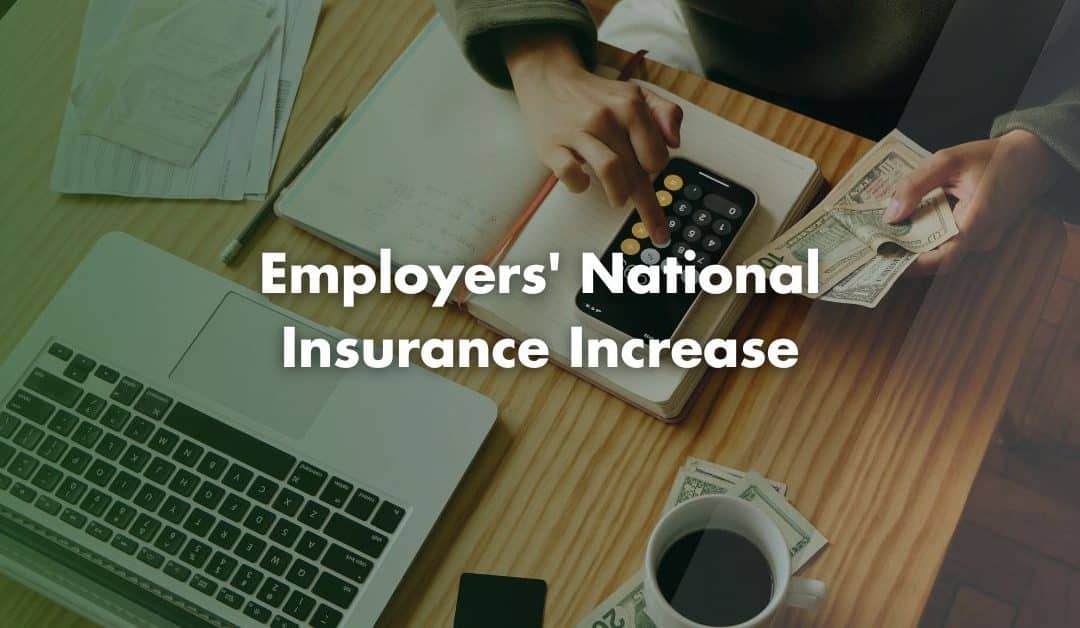
by Pi Accountancy | Feb 4, 2026 | Advisory and Resources, Companies House, Director, Regulations and Schemes, Self-Employment and SMEs
Authorised Corporate Service Providers (ACSPs) will play an important role in how businesses continue to interact with Companies House. They will help confirm identities and protect the public register from misuse. Over time, most third-party agents will also need to...

by Pi Accountancy | Jan 7, 2026 | Companies House, Director, Regulations and Schemes
From 18 November 2025, Companies House introduced mandatory identity verification for company directors and People with Significant Control (PSCs). This forms part of the Economic Crime and Corporate Transparency Act (ECCTA) and aims to improve transparency while...

by Pi Accountancy | Dec 9, 2025 | Advisory and Resources, Payroll and Employment, Taxes, The Budget
If you run a business in the UK, you may already be familiar with the Apprenticeship Levy. This tax has funded apprenticeship training since 2017. However, following the November 2025 Autumn Budget, the government has confirmed that the new Growth and Skills Levy will...

by Pi Accountancy | Dec 3, 2025 | Advisory and Resources, Business, Payroll and Employment, The Budget
The Autumn Budget 2025 introduced a wide range of changes that aim to boost youth employment and support employers across the country. These apprenticeship reforms create clearer pathways for young people who want to start their careers. They also give businesses...

by Pi Accountancy | Nov 18, 2025 | Advisory and Resources, Payroll and Employment
Your payslip is more than just a record of your pay. It shows how your employer has calculated your pay, what deductions they have made, and how much you actually take home. Each payday, take a moment to review your payslip carefully. You should check your earnings,...

by Pi Accountancy | May 22, 2025 | National Insurance
Employers pay Employers’ National Insurance Contributions in addition to employees’ wages are a legal requirement for most businesses. When an employee earns over a certain threshold, the employer must pay Class 1 (Secondary) National Insurance on those...

by Pi Accountancy | May 20, 2025 | Payroll and Employment
Payroll Giving is one of the most flexible and tax-efficient ways to charity. It is simple to set up and easy to manage, while being highly rewarding for everyone involved. What is Payroll Giving? Payroll Giving is a straightforward way for employees to make regular...

by Pi Accountancy | May 15, 2025 | Payroll and Employment
If you have ever stared at your payslip and wondered what the strange mix of letters and/or numbers next to your name means, you’re not alone. That small detail is your payroll number. Payroll numbers help your employer manage salaries and taxes, while keeping...

by Pi Accountancy | May 14, 2025 | Payroll and Employment
From April 2027, you will need to tax most employee perks – known as Benefits In Kind – through payroll instead of annual forms. Payrolling Benefits In Kind involves adding the value of employee perks to payroll calculations. Instead, of reporting benefits once a...

by Pi Accountancy | May 13, 2025 | Payroll and Employment
Payroll doesn’t need to be complicated. With the right information, it becomes a smooth and manageable process. What is Payroll? Payroll is the system you use to pay your employees. It includes calculating wages, making deductions for tax and National Insurance,...

by Pi Accountancy | Apr 2, 2025 | Director
As a director of a limited company in the UK, you have flexibility in how you pay yourself. The most tax-efficient approach is often a blend of salary and dividends. In this blog, we will explore the optimum director’s salary for 2025/26, helping you stay...

by Pi Accountancy | Mar 19, 2025 | Director
As a company director, your Director’s National Insurance Contributions work slightly differently compared to regular employees. What is Director’s National Insurance? The National Insurance system requires individuals to make contributions to qualify for...

by Pi Accountancy | Mar 5, 2025 | National Insurance
From 6th April 2025, there will be an increase to Employers’ National Insurance Contributions. These changes will impact businesses of all sizes, increasing payroll costs for many. The Upcoming Increase to Employers’ National Insurance Currently, employers...

by Pi Accountancy | Feb 26, 2025 | Payroll and Employment
The UK Government takes paying the National Minimum Wage (NMW) and the National Living Wage (NLW) seriously. HMRC has previously publicly named and shamed employers who fail to pay workers correctly, along with the appropriate fines and legal action. HMRC have also...

by Pi Accountancy | Feb 25, 2025 | Payroll and Employment
The Off-Payroll Working Rules, commonly known as IR35, ensure that contractors pay similar Income Tax and National Insurance as employees. These rules prevent individuals from working as “disguised employees”, meaning they benefit from self-employed tax...

by Pi Accountancy | Feb 18, 2025 | Advisory and Resources, Director, Frequently Asked Questions
A limited company owns its money. So, when a director takes cash for personal use, the company must record it properly. A Director’s Loan Account (DLA) tracks money that moves between the director and the company outside normal pay. What is a Director’s...

by Pi Accountancy | Dec 18, 2024 | Advisory and Resources, PAYE, Payroll and Employment
For many businesses, December brings festive pressure and changes to normal payroll routines. Offices may close for several days and staff may also take annual leave. As a result, many employers choose to pay their staff earlier than usual in December. Early payment...

by Pi Accountancy | Dec 17, 2024 | Advisory and Resources, Business, Payroll and Employment
Christmas brings a fast and intense rise in demand for many businesses. As a result, many employers hire temporary Christmas staff to keep operations running smoothly. These short-term workers help manage extra tasks and maintain strong customer service when it...

by Pi Accountancy | Nov 12, 2024 | Director, Self Assessment
Many directors assume that filing limited company accounts and paying Corporation Tax covers everything. However, HMRC treats your personal income separately from your company’s tax affairs. As a result, Self Assessment often applies to company directors. Many...

by Pi Accountancy | Sep 13, 2024 | Pension
State Pension Triple Lock Introduced in 2010, the Triple Lock is a government guarantee to increase the State Pension every year by whichever of three measures is the highest: 2.5% Inflation (measured by the Consumer Prices Index in September of the previous year)...

by Pi Accountancy | Sep 12, 2024 | Pension
What is Pension Credit? Pension Credit is an income-related benefit that offers extra money to help with your living costs. It’s available to those over State Pension age and is especially beneficial if you’re on a low income. Importantly, you can receive Pension...

by Pi Accountancy | Sep 11, 2024 | Pension
State Pension Increase Explained Good news first – the government have proposed raising the State Pension in April 2026. For those who receive the New Full State Pension (introduced after April 2016), the payment will increase from £221.20 to £230.05 per week. This...

by Pi Accountancy | Jun 6, 2024 | Advisory and Resources, Business, Director
Dividends affect how many business owners take income and how investors earn returns. They offer a simple and flexible way to share profits, and they often provide tax advantages when used well. What are Dividends? Dividends are payments that a limited company makes...

by Pi Accountancy | May 16, 2024 | Payroll and Employment
While the idea of earning less money might seem strange at first, salary sacrifice can actually make sound financial sense. This is because the sacrificed portion of your salary may not be subject to Income Tax or National Insurance Contributions, depending on what...

























